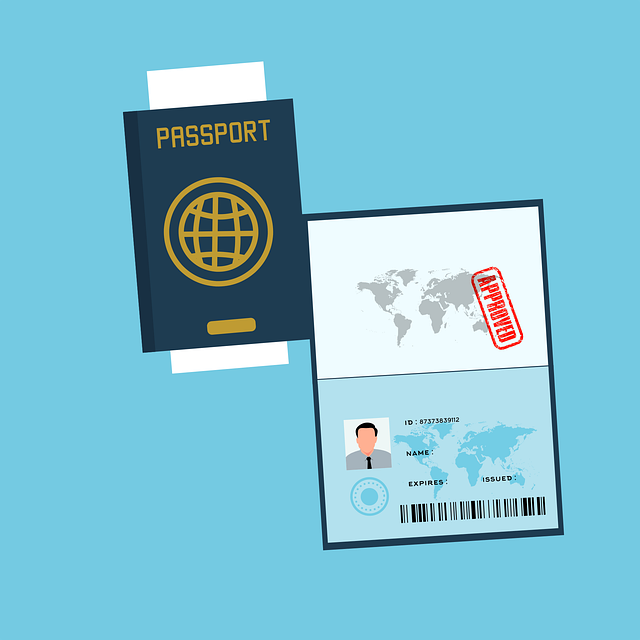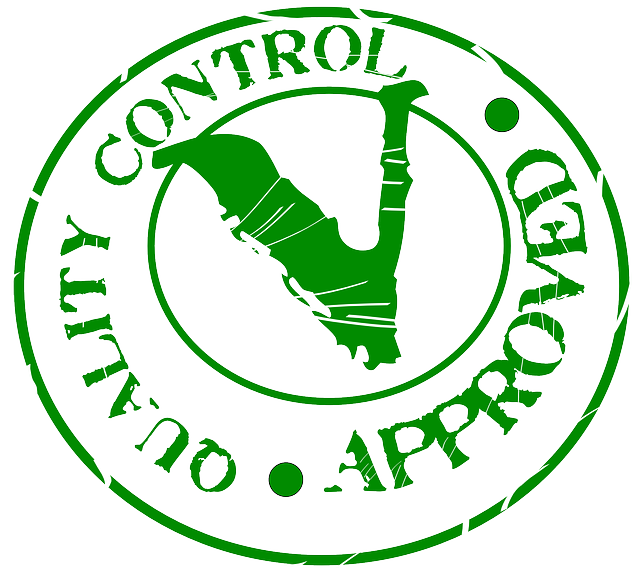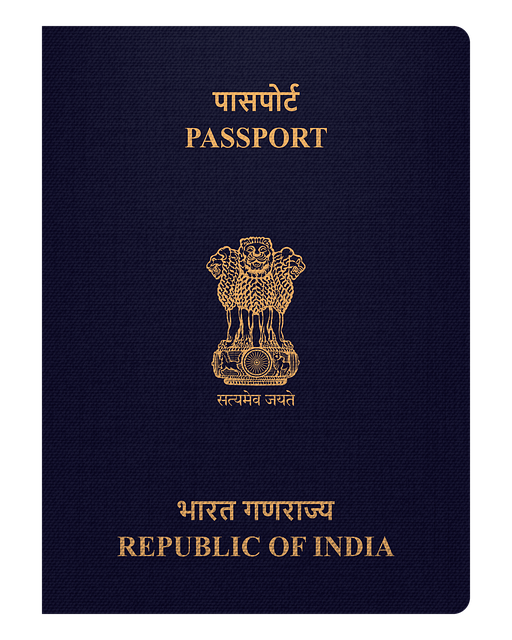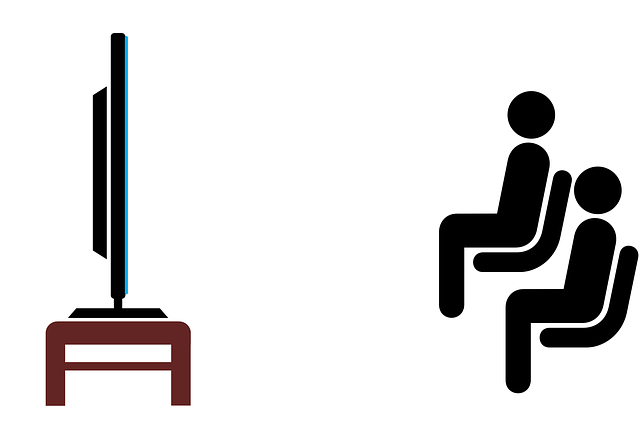In the competitive hospitality industry, regulatory compliance is crucial for success. Staying updated on health & safety, labor, and food safety regulations ensures a safe guest experience. Background checks, including criminal record, drug screening, and reference checks, are vital for verifying staff integrity and reducing risks. Effective screening involves integrating technology, regular updates, and internal training to maintain legal compliance, foster trust, enhance reputations, and solidify industry leadership.
In the dynamic and highly regulated hospitality industry, ensuring regulatory compliance is paramount. Background checks play a pivotal role in safeguarding guests and staff by mitigating risks associated with criminal activities, drug abuse, and health issues. This comprehensive guide explores key compliance requirements, the significance of background screening, various check types, best practices for implementation, and real-world case studies demonstrating how these processes enhance hospitality industry standards.
- Understanding Hospitality Industry Regulations: An Overview of Key Compliance Requirements
- The Role of Background Checks in Ensuring Safety and Security within Hospitality Establishments
- Types of Background Checks for Hospitality Staff: A Comprehensive Guide
- Implementing Effective Screening Processes: Best Practices for Hospitality Businesses
- Case Studies: Success Stories of Background Checks Enhancing Hospitality Industry Compliance
Understanding Hospitality Industry Regulations: An Overview of Key Compliance Requirements

In the dynamic and competitive hospitality industry, understanding and adhering to regulations is paramount for businesses aiming to thrive. Regulatory compliance goes beyond legal obligations; it ensures a safe, welcoming, and consistent guest experience across all establishments. Key hospitality industry compliance requirements encompass health and safety standards, labor laws, accessibility guidelines, food safety protocols, and data privacy regulations, among others.
Health and safety top the list, with strict mandates for infection control, especially in light of global events like COVID-19. Labor laws protect employees’ rights while ensuring fair wages and safe working conditions. Accessibility requirements mandate inclusive practices to accommodate guests with disabilities, reflecting a commitment to diversity and inclusivity. Effective compliance requires businesses to stay updated on evolving regulations, implement robust systems for tracking and documentation, and foster a culture of safety and accountability among all staff members.
The Role of Background Checks in Ensuring Safety and Security within Hospitality Establishments

In the hospitality industry, ensuring regulatory compliance is paramount for maintaining safety and security within establishments. Background checks play a pivotal role in this process by verifying the integrity and suitability of employees. These checks help identify potential risks associated with individuals who might hold sensitive positions, such as those dealing with customer service or managing critical operations. By screening for factors like criminal history, previous employment records, and personal references, hospitality businesses can mitigate these risks effectively.
Moreover, regular background checks contribute to fostering a culture of trust and accountability among staff. They serve as a deterrent against unethical behavior, ensuring that employees are honest and reliable. This is especially crucial in an industry where customer interactions are frequent and intimate, necessitating the highest standards of integrity and security for both guests and staff.
Types of Background Checks for Hospitality Staff: A Comprehensive Guide

In the hospitality industry, ensuring regulatory compliance is paramount for maintaining a safe and welcoming environment. Background checks play a pivotal role in this process, screening potential risks and verifying staff credentials. There are several types of background checks tailored to meet the diverse needs of hospitality businesses, each serving a specific purpose.
These include criminal record checks, which uncover any prior convictions or indictments, ensuring staff members do not pose a security threat. Additionally, drug screening tests verify employees’ integrity, as drug use can significantly impact service quality and safety. Employment verification ensures that staff have legitimate work histories, while reference checks provide insights into their conduct from previous employers. Education and certification verifications are crucial for positions requiring specialized knowledge or skills, ensuring staff members possess the necessary qualifications. Together, these background checks create a robust barrier against potential risks, fostering a culture of hospitality industry compliance.
Implementing Effective Screening Processes: Best Practices for Hospitality Businesses

In the hospitality industry, ensuring regulatory compliance is paramount for maintaining a safe and legal operating environment. Implementing effective screening processes is a cornerstone of this strategy. Best practices involve integrating comprehensive background checks at every level, from staff recruitment to vendor management. These checks should include verification of employment history, criminal records, and references to identify potential risks.
Hospitality businesses should adopt a multi-faceted approach. This includes regular updates to screening protocols to keep up with evolving legal requirements and industry best practices. Additionally, utilizing technology for efficient data management and secure storage enhances accuracy and speed. A robust internal training program ensures that staff responsible for screenings are well-versed in procedures, maintaining consistency across the organization.
Case Studies: Success Stories of Background Checks Enhancing Hospitality Industry Compliance

Background checks have become an indispensable tool in ensuring hospitality industry compliance, with numerous success stories across various establishments. One prominent example involves a major hotel chain that implemented rigorous background screening processes for all staff members, particularly those handling guest payments and access to private areas. This initiative led to a significant reduction in financial losses due to internal fraud, enhancing customer trust and boosting the hotel’s reputation.
Another case highlights an upscale restaurant that incorporated comprehensive background checks as part of its hiring procedures. By verifying candidates’ qualifications and employment history, the restaurant minimized the risk of employing individuals with fraudulent credentials or criminal records. This proactive approach not only ensured legal compliance but also contributed to a safer working environment and better guest experiences, solidifying the establishment’s position as an industry leader in hospitality standards.






